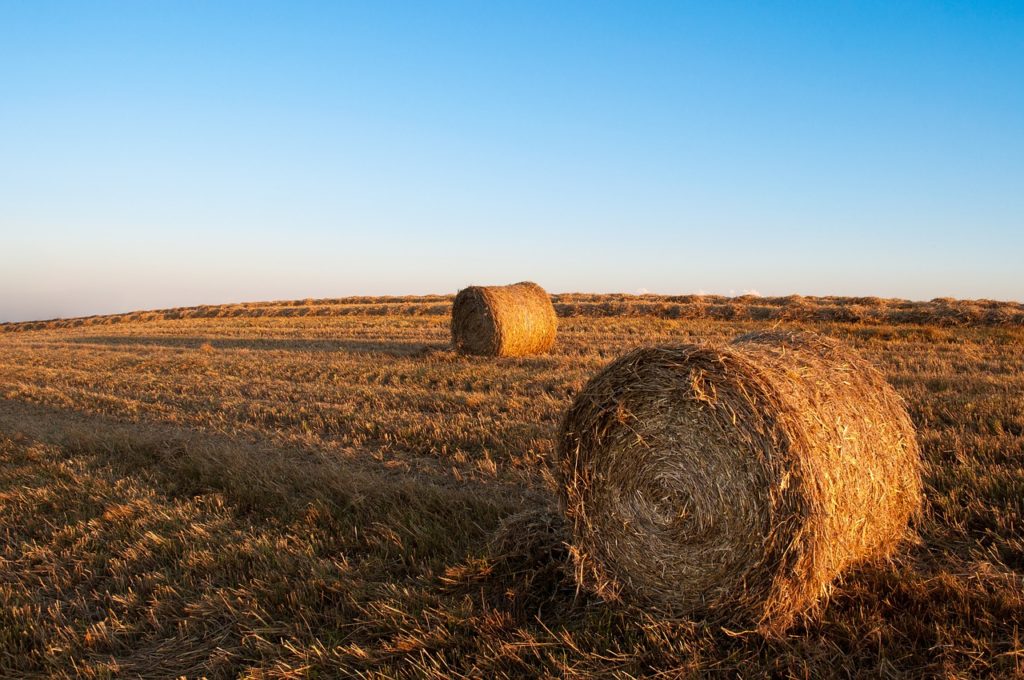The food and agriculture sector is hugely important to Ireland. It accounts for around 7.6 percent of our economy and more than 10 percent of our exports. In addition, 8.4 percent of people in Ireland are employed in this sector.
Agriculture courses have received a healthy amount of applications over the last number of years. This is because successive generations of school leavers recognise the good career prospects in this sector. So if you’re interested in the process involved in bringing that tasty steak, or salad, from the field to the table, then read on…
Education
Agricultural education and training is open to all levels of school leavers. The Certificate in Agriculture (Level 5) offers the initial training and work experience required by Leaving Cert holders who wish to become farmers or farm workers. Subjects tackled include animal and crop production, farm machinery, health and safety, and beef and dairy production.
There is a wide range of agricultural subjects at higher level. For example, the Ordinary Bachelor Degree in Agriculture (Level 7) is available from four institutes of technology: Cork, Dundalk, Waterford, and Galway-Mayo (with Environmental Management). The course is highly practical. Therefore it is suitable for roles in farm management, environmental management, sales and marketing, and quality control.
GMIT also has a Level 7 Degree in Rural Enterprise & Agribusiness. The course is good preparation for management positions in agribusiness. Limerick IT’s Agricultural Mechanisation and Tralee IT’s Agricultural Engineering are two-year Level 6 courses,. These for those who wish to work in the mechanical end of the farming industry. Furthermore, Letterkenny IT’s two-year Applied Agriculture course, again Level 6, provides a multidisciplinary approach, covering areas such as Food Science and Veterinary Nursing.
UCD is a major provider of agricultural courses at university level. UCD has Honours degree (Level 8) programmes in areas such as Food & Agribusiness Management, Agri-Environmental Sciences, Dairy Business and Animal & Crop Production. Alternatively, the omnibus Agricultural Science programme enables students to get a taster of these various areas specialising in a particular field. Waterford IT also has an Agricultural Science option: a three-year Ordinary Degree.
Graduates of these programmes can work in a wide range of agribusiness roles. These include enterprise management, consultancy, education and research, marketing and communications, and food production.
The Work
Agribusiness and agriculture comprises a large range of careers. Besides the various types of farming, there are many other interesting and diverse roles available out there.
The following represent but a small and inexhaustive selection of these:
- Businesses supplying goods and machinery to farmers;
- Sales, production, and marketing staff in the large food producers and cooperatives;
- Representatives of rural development agencies and government bodies whose role is to monitor the environment and provide expert advice to farmers.
- Numerous scientific roles involved in researching areas such as soil chemistry, food processing, and so on.
Working in agribusiness requires a good head for figures, a solid understanding of rural industries and society, and above all, an interest in the natural environment.
Did you know?
The expression ‘sweat like a pig’ is actually derived from an iron smelting process in which hot iron that has been poured to cool comes to resemble the shape of a sow and her piglets. As the ‘pigs’ begin to cool, the surrounding air reaches its dew point and beads of moisture form on the surface of the iron – hence the ‘sweating’ effect. Real pigs don’t actually have sweat glands and therefore don’t sweat at all!
Further Resources
Teagasc – the agriculture and food development authority
Agri Aware – promoting the Irish farming and food industry
An Bord Bia – The Irish Food Board












Comments